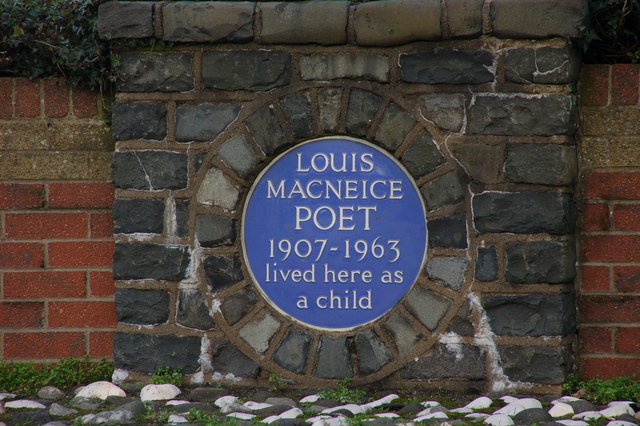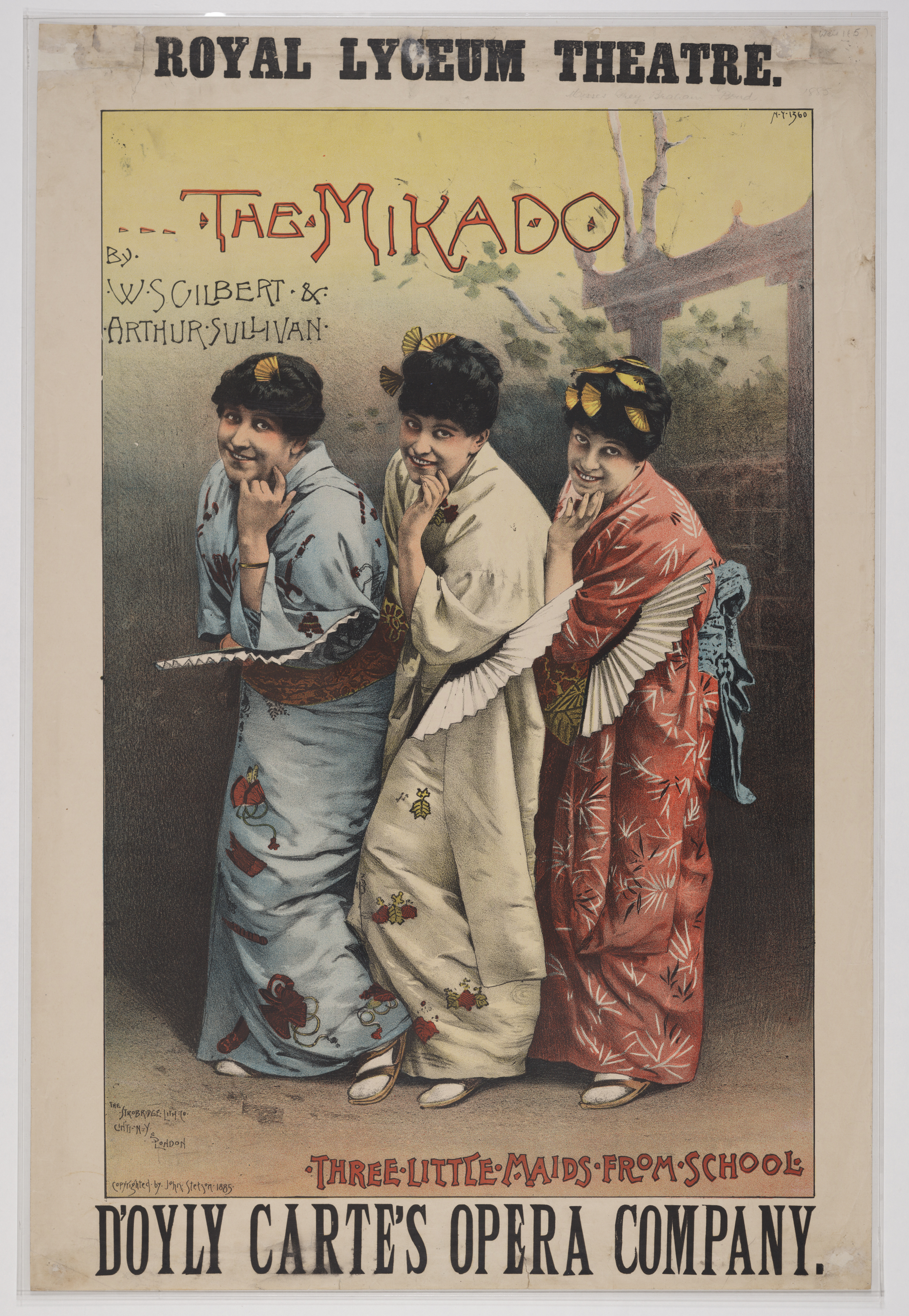|
Prayer Before Birth
"Prayer Before Birth" is a poem written by the Irish poet Louis MacNeice Frederick Louis MacNeice (12 September 1907 – 3 September 1963) was an Irish poet and playwright, and a member of the Auden Group, which also included W. H. Auden, Stephen Spender and Cecil Day-Lewis. MacNeice's body of work was widely a ... (1907–1963) at the height of the Second World War. Written from the perspective of an unborn child, the poem expresses the author's fear at what the world's tyranny can do to the innocence of a child and blames the human race for the destruction that was gripping the world at the time. Background and publishing history Unlike most of his countrymen, MacNeice opposed Ireland's neutral stance in the war, disdaining the lack of opposition to fascism. To this effect, he published a poem called "Neutrality" in 1943, which criticized his country's stance and spent the war years in London, contributing to the war effort by writing propaganda for the BBC. "Praye ... [...More Info...] [...Related Items...] OR: [Wikipedia] [Google] [Baidu] |
Louis MacNeice
Frederick Louis MacNeice (12 September 1907 – 3 September 1963) was an Irish poet and playwright, and a member of the Auden Group, which also included W. H. Auden, Stephen Spender and Cecil Day-Lewis. MacNeice's body of work was widely appreciated by the public during his lifetime, due in part to his relaxed but socially and emotionally aware style. Never as overtly or simplistically political as some of his contemporaries, he expressed a humane opposition to totalitarianism as well as an acute awareness of his roots. Life Ireland, 1907–1917 Louis MacNeice (known as Freddie until his teens, when he adopted his middle name) was born in Belfast, the youngest son of Rev. John Frederick and Elizabeth Margaret ("Lily") MacNeice.Poetry Foundation profile Both were originally from the West of Ireland. MacNeice's fa ... [...More Info...] [...Related Items...] OR: [Wikipedia] [Google] [Baidu] |
Second World War
World War II or the Second World War, often abbreviated as WWII or WW2, was a world war that lasted from 1939 to 1945. It involved the vast majority of the world's countries—including all of the great powers—forming two opposing military alliances: the Allies and the Axis powers. World War II was a total war that directly involved more than 100 million personnel from more than 30 countries. The major participants in the war threw their entire economic, industrial, and scientific capabilities behind the war effort, blurring the distinction between civilian and military resources. Aircraft played a major role in the conflict, enabling the strategic bombing of population centres and deploying the only two nuclear weapons ever used in war. World War II was by far the deadliest conflict in human history; it resulted in 70 to 85 million fatalities, mostly among civilians. Tens of millions died due to genocides (including the Holocaust), starvation, ma ... [...More Info...] [...Related Items...] OR: [Wikipedia] [Google] [Baidu] |
Irish Neutrality During World War II
The policy of Irish neutrality during World War II was adopted by the Oireachtas at the instigation of the Taoiseach Éamon de Valera upon the outbreak of World War II in Europe. It was maintained throughout the conflict, in spite of several German air raids by aircraft that missed their intended British targets, and attacks on Ireland's shipping fleet by Allies and Axis alike. While the possibilities of not only a German but also a British invasion were discussed in the Dáil, and either eventuality was prepared for, the most detailed preparations were done with the Allies under Plan W. De Valera's ruling party, Fianna Fáil, supported his neutral policy for the duration of the war. This period is known in the Republic of Ireland as '' The Emergency'', owing to the wording of the constitutional article employed to suspend normal government of the country. Pursuing a policy of neutrality required maintaining a balance between the strict observance of non-alignment and the ... [...More Info...] [...Related Items...] OR: [Wikipedia] [Google] [Baidu] |
Alliteration
Alliteration is the conspicuous repetition of initial consonant sounds of nearby words in a phrase, often used as a literary device. A familiar example is "Peter Piper picked a peck of pickled peppers". Alliteration is used poetically in various languages around the world, including Arabic, Irish, German, Mongolian, Hungarian, American Sign Language, Somali, Finnish, Icelandic. Historical use The word ''alliteration'' comes from the Latin word ''littera'', meaning "letter of the alphabet". It was first coined in a Latin dialogue by the Italian humanist Giovanni Pontano in the 15th century. Alliteration is used in the alliterative verse of Old English, Old Norse, Old High German, Old Saxon, and Old Irish. It was an important ingredient of the Sanskrit shlokas. Alliteration was used in Old English given names. This is evidenced by the unbroken series of 9th century kings of Wessex named Æthelwulf, Æthelbald, Æthelberht, and Æthelred. These were followed in the 10th ... [...More Info...] [...Related Items...] OR: [Wikipedia] [Google] [Baidu] |
Assonance
Assonance is a resemblance in the sounds of words/syllables either between their vowels (e.g., ''meat, bean'') or between their consonants (e.g., ''keep, cape''). However, assonance between consonants is generally called ''consonance'' in American usage. The two types are often combined, as between the words ''six'' and ''switch'', in which the vowels are identical, and the consonants are similar but not completely identical. If there is repetition of the same vowel or some similar vowels in literary work, especially in stressed syllables, this may be termed "vowel harmony" in poetry (though linguists have a different definition of "vowel harmony"). A special case of assonance is rhyme, in which the endings of words (generally beginning with the vowel sound of the last stressed syllable) are identical—as in ''fog'' and ''log'' or ''history'' and ''mystery''. Vocalic assonance is an important element in verse. Assonance occurs more often in verse than in prose; it is used in Eng ... [...More Info...] [...Related Items...] OR: [Wikipedia] [Google] [Baidu] |
Religious
Religion is usually defined as a social system, social-cultural system of designated religious behaviour, behaviors and practices, morality, morals, beliefs, worldviews, religious text, texts, sacred site, sanctified places, prophecy, prophecies, ethics in religion, ethics, or religious organization, organizations, that generally relates humanity to supernatural, transcendence (religion), transcendental, and spirituality, spiritual elements; however, there is no scholarly consensus over what precisely constitutes a religion. Different religions may or may not contain various elements ranging from the Divinity, divine, Sacred, sacred things, faith,Tillich, P. (1957) ''Dynamics of faith''. Harper Perennial; (p. 1). a supernatural being or supernatural beings or "some sort of ultimacy and transcendence that will provide norms and power for the rest of life". Religious practices may include rituals, sermons, commemoration or veneration (of deities or saints), sacrifices, festivals, ... [...More Info...] [...Related Items...] OR: [Wikipedia] [Google] [Baidu] |
Christ
Jesus, likely from he, יֵשׁוּעַ, translit=Yēšūaʿ, label=Hebrew/Aramaic ( AD 30 or 33), also referred to as Jesus Christ or Jesus of Nazareth (among other Names and titles of Jesus in the New Testament, names and titles), was a first-century Jews, Jewish preacher and religious leader; he is the central figure of Christianity, the Major religious groups, world's largest religion. Most Christians believe he is the Incarnation (Christianity), incarnation of God the Son and the awaited Messiah#Christianity, Messiah (the Christ (title), Christ) prophesied in the Hebrew Bible. Virtually all modern scholars of antiquity agree that Historicity of Jesus, Jesus existed historically. Quest for the historical Jesus, Research into the historical Jesus has yielded some uncertainty on the historical reliability of the Gospels and on how closely the Jesus portrayed in the New Testament reflects the historical Jesus, as the only detailed records of Jesus' life are contained in ... [...More Info...] [...Related Items...] OR: [Wikipedia] [Google] [Baidu] |
1940s Poems
Year 194 ( CXCIV) was a common year starting on Tuesday (link will display the full calendar) of the Julian calendar. At the time, it was known as the Year of the Consulship of Septimius and Septimius (or, less frequently, year 947 ''Ab urbe condita''). The denomination 194 for this year has been used since the early medieval period, when the Anno Domini calendar era became the prevalent method in Europe for naming years. Events By place Roman Empire * Emperor Septimius Severus and Decimus Clodius Septimius Albinus Caesar become Roman Consuls. * Battle of Issus: Septimius Severus marches with his army (12 legions) to Cilicia, and defeats Pescennius Niger, Roman governor of Syria. Pescennius retreats to Antioch, and is executed by Severus' troops. * Septimius Severus besieges Byzantium (194–196); the city walls suffer extensive damage. Asia * Battle of Yan Province: Warlords Cao Cao and Lü Bu fight for control over Yan Province; the battle lasts for ove ... [...More Info...] [...Related Items...] OR: [Wikipedia] [Google] [Baidu] |
Irish Poems
Irish poetry is poetry written by poets from Ireland. It is mainly written in Irish and English, though some is in Scottish Gaelic and some in Hiberno-Latin. The complex interplay between the two main traditions, and between both of them and other poetries in English and Scottish Gaelic, has produced a body of work that is both rich in variety and difficult to categorise. The earliest surviving poems in Irish date back to the 6th century, while the first known poems in English from Ireland date to the 14th century. Although there has always been some cross-fertilization between the two language traditions, an English-language poetry that had absorbed themes and models from Irish did not finally emerge until the 19th century. This culminated in the work of the poets of the Irish Literary Revival in the late 19th and early 20th century. Towards the last quarter of the 20th century, modern Irish poetry tended to a wide range of diversity, from the poets of the Northern school to ... [...More Info...] [...Related Items...] OR: [Wikipedia] [Google] [Baidu] |





